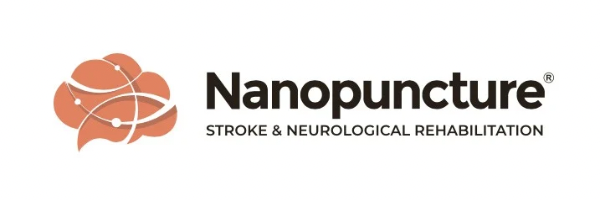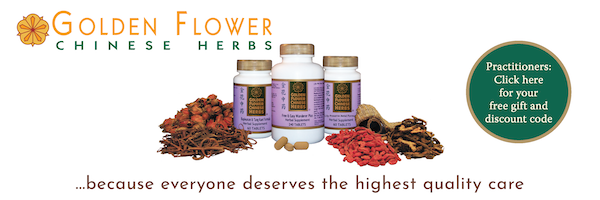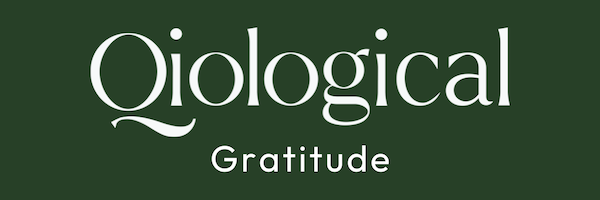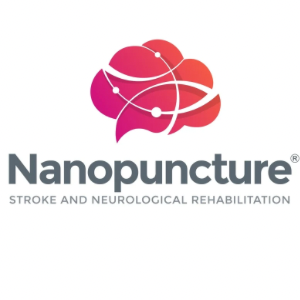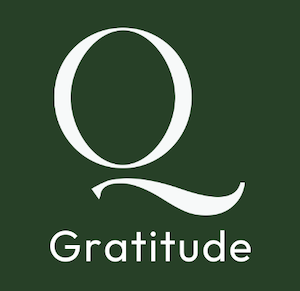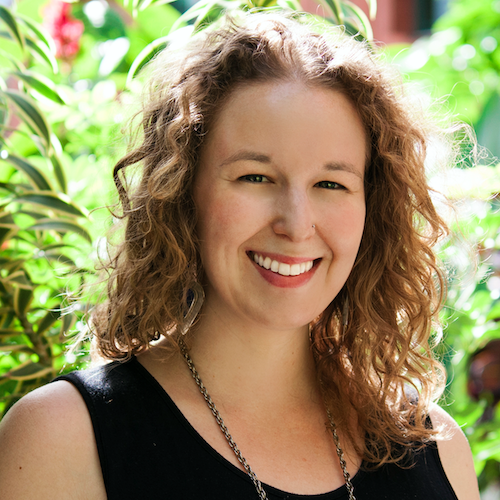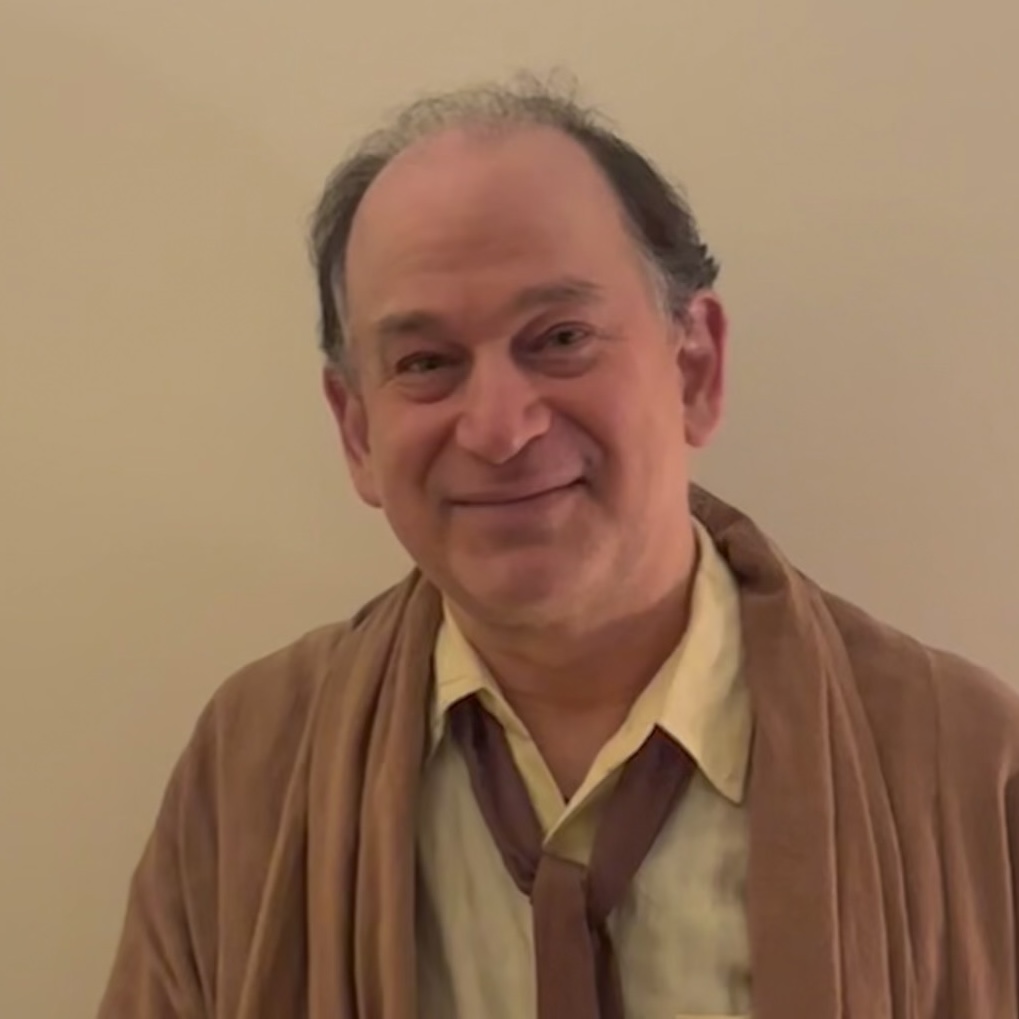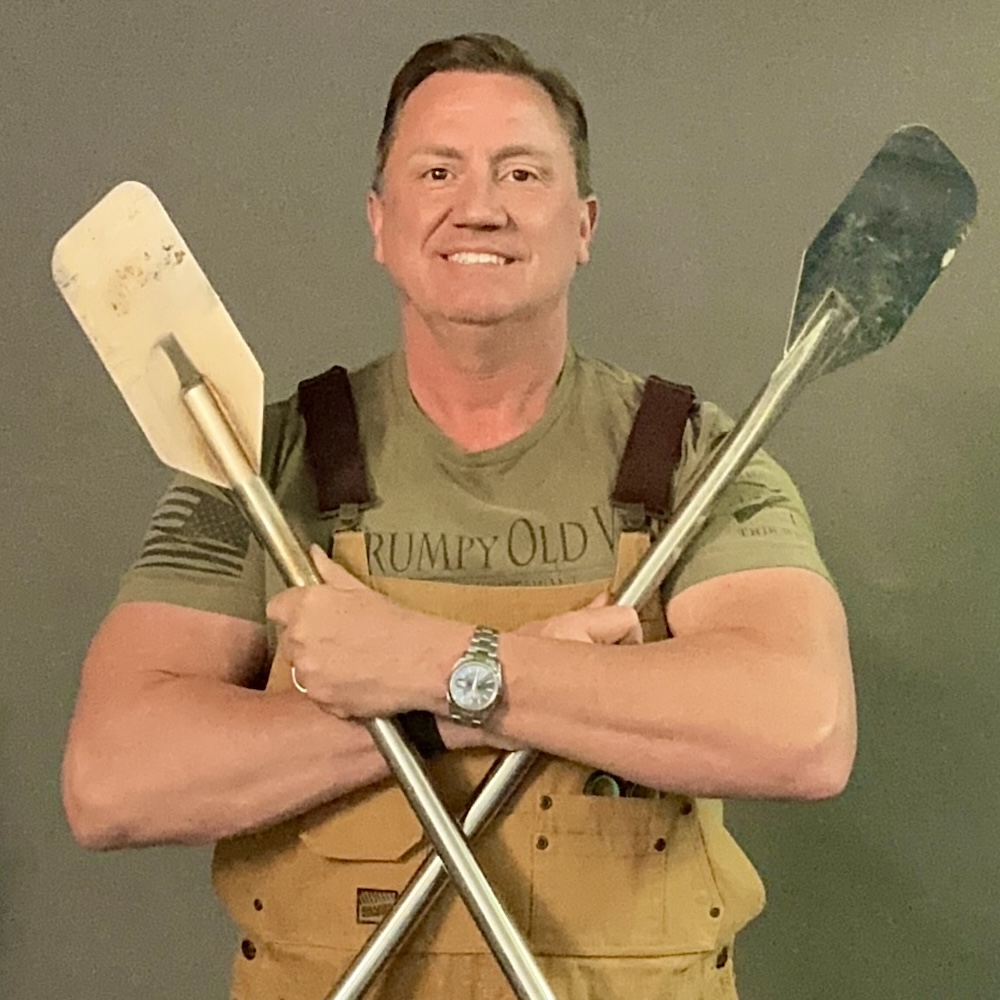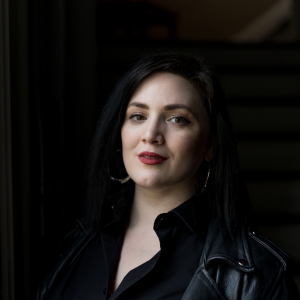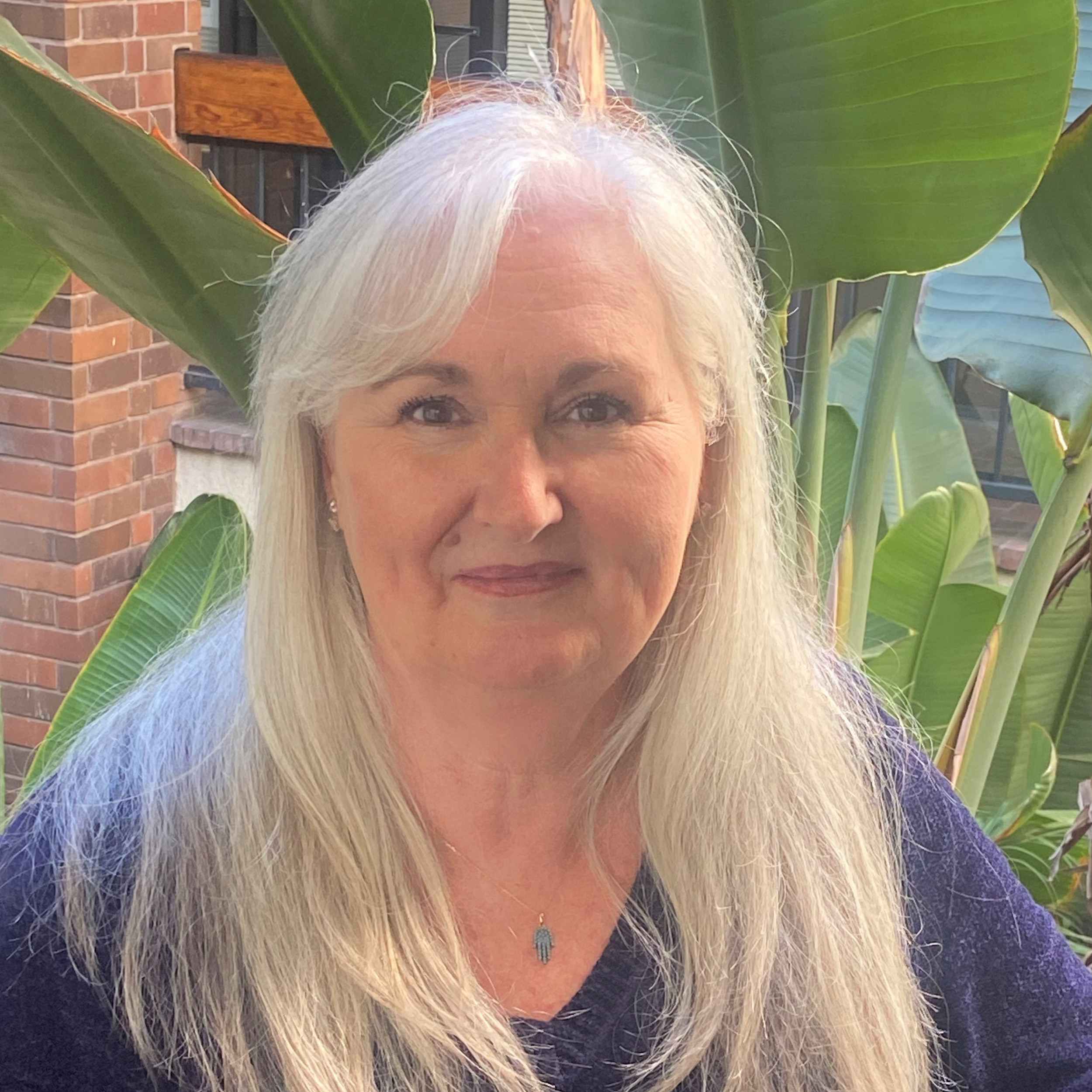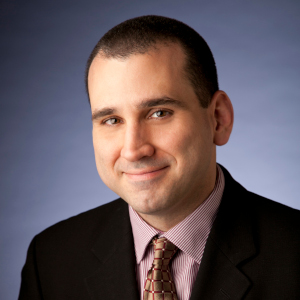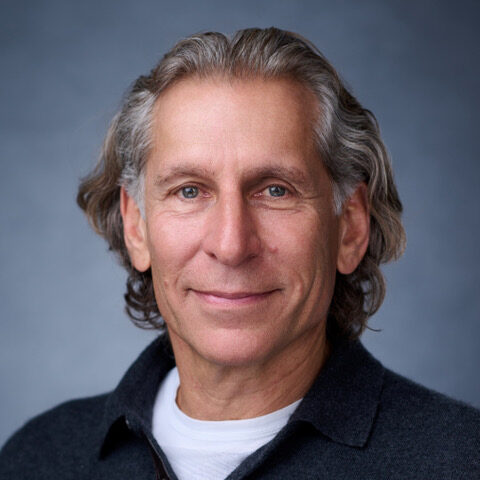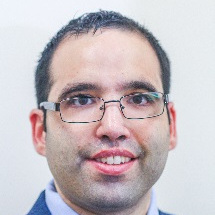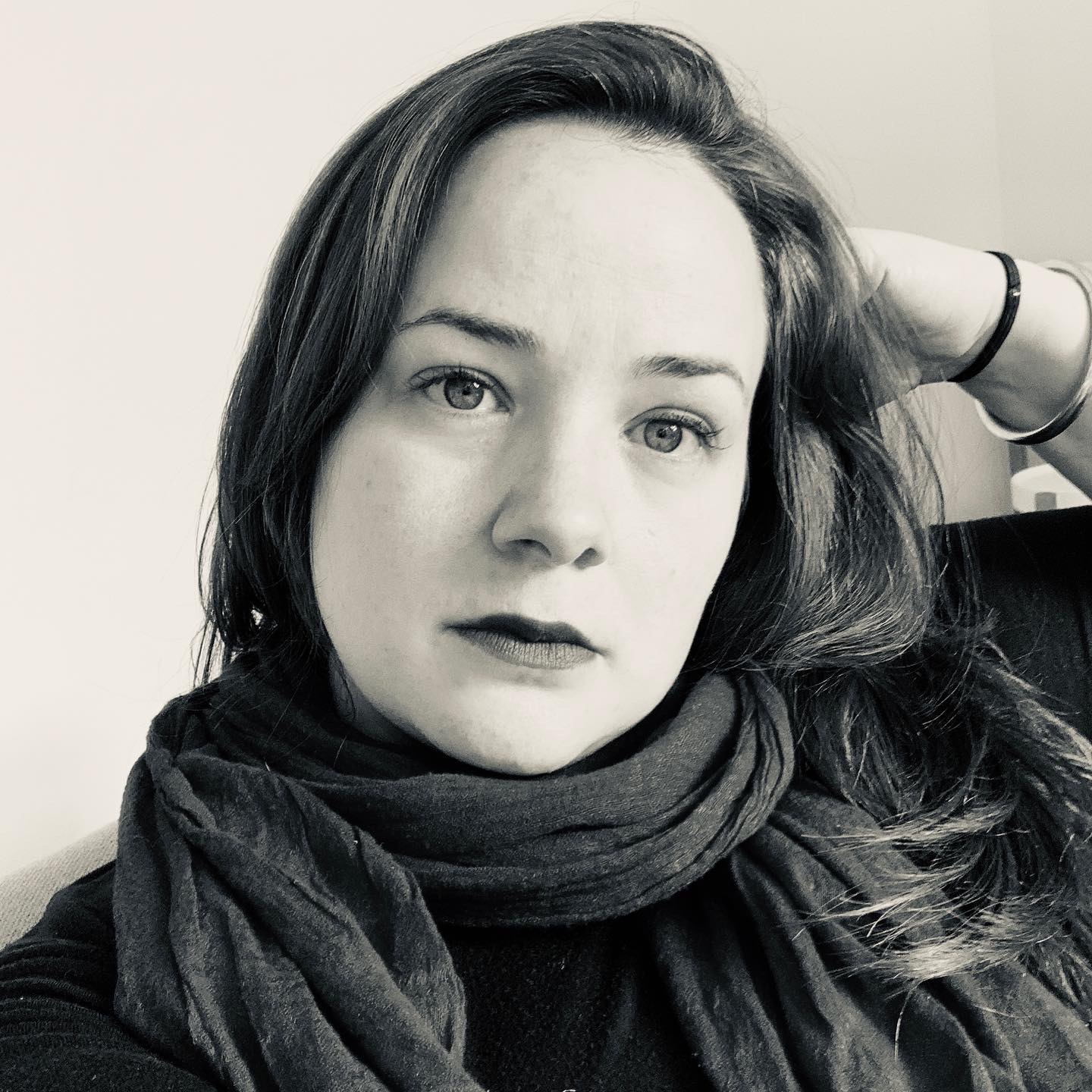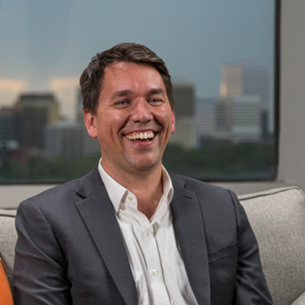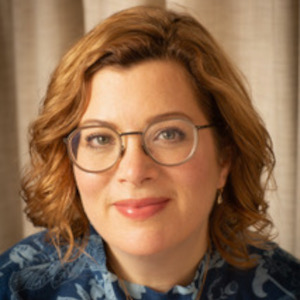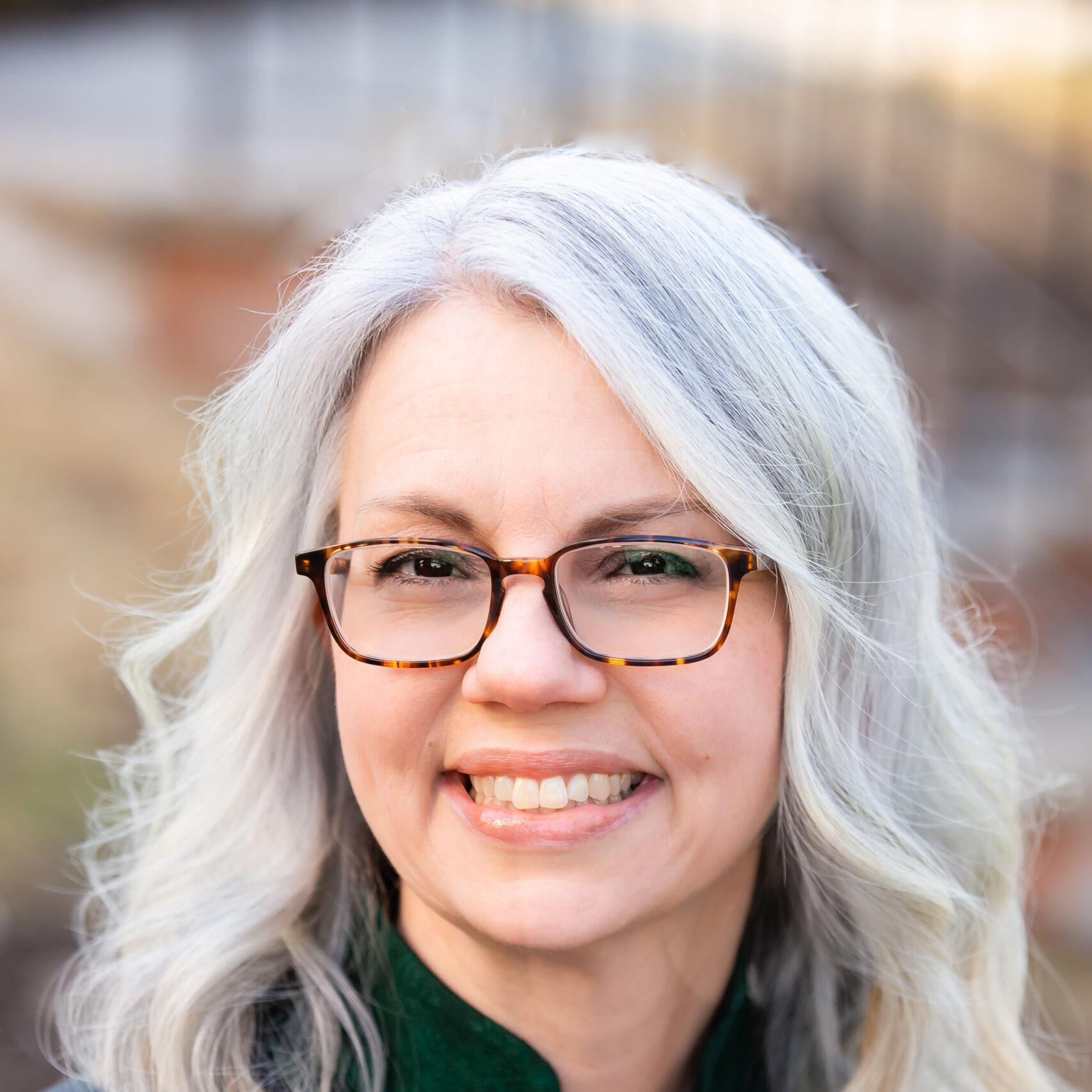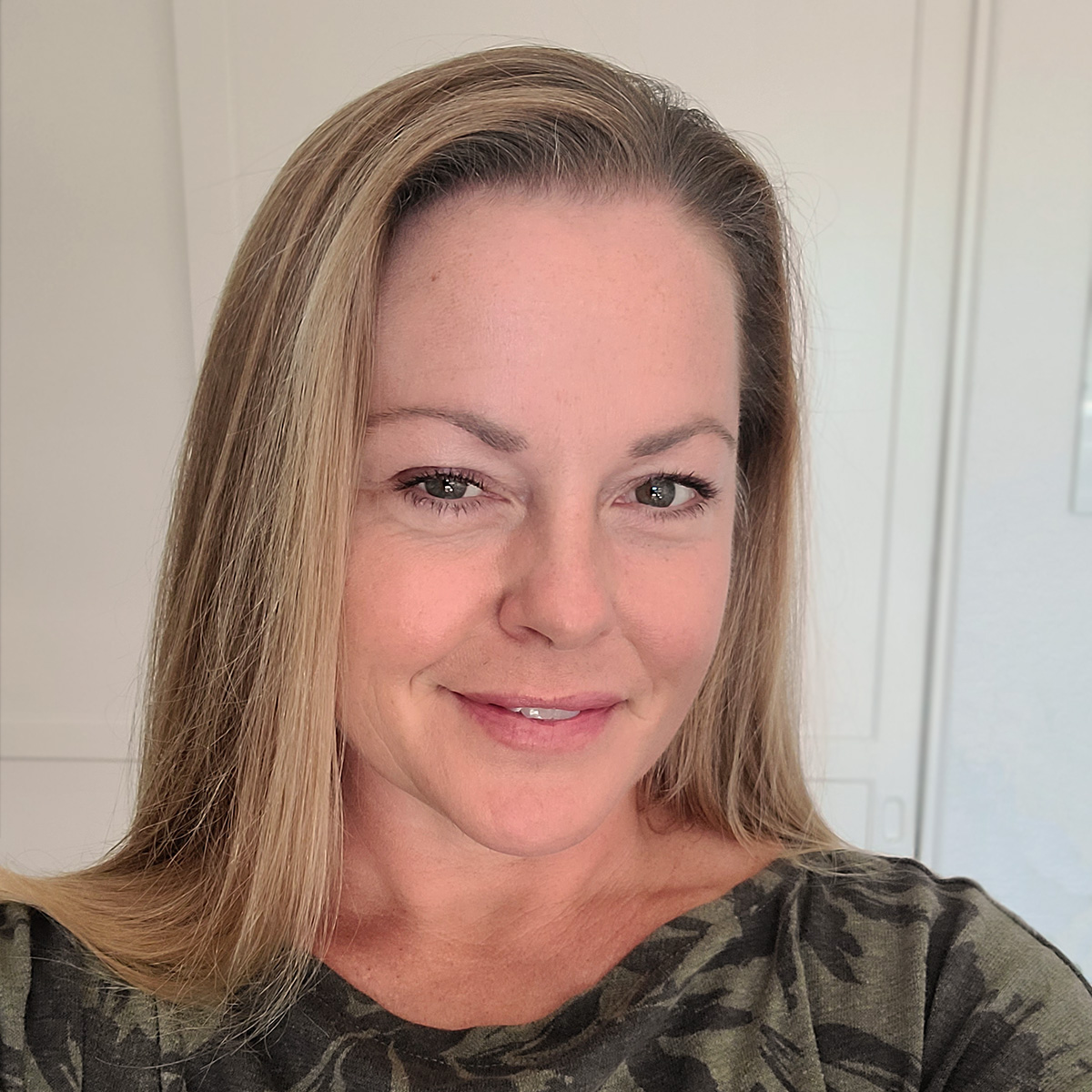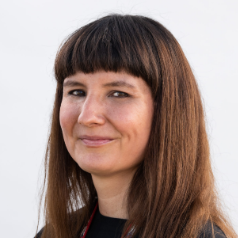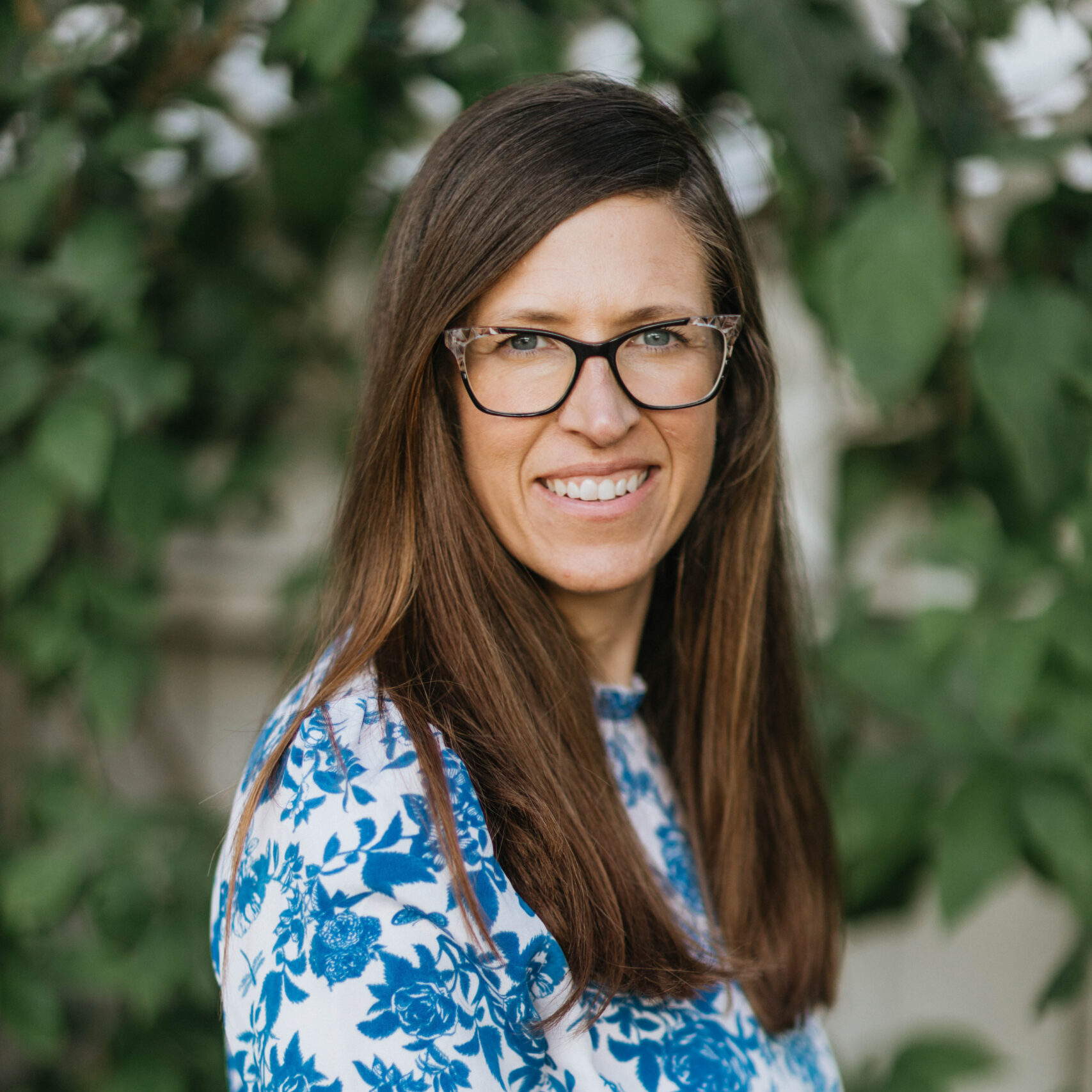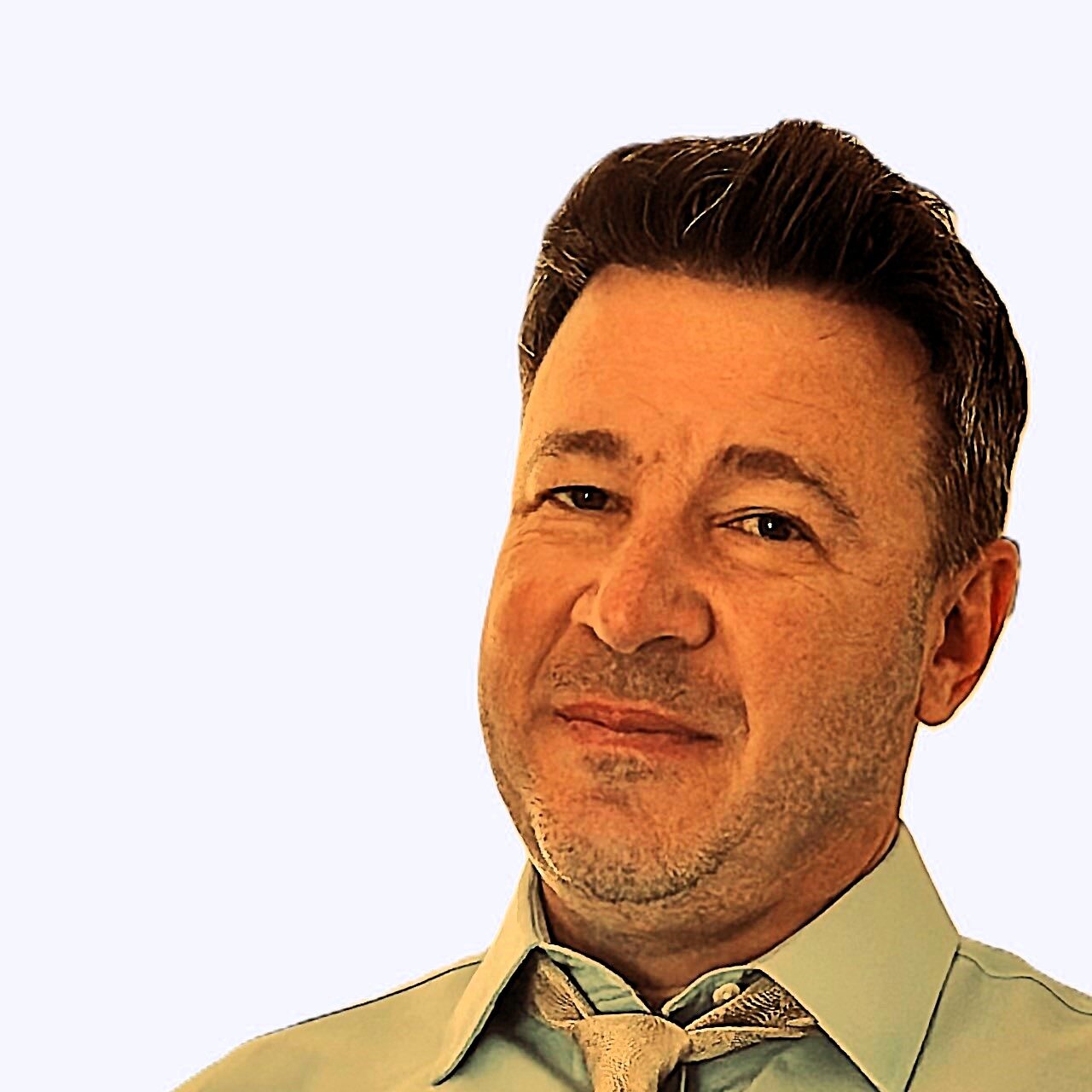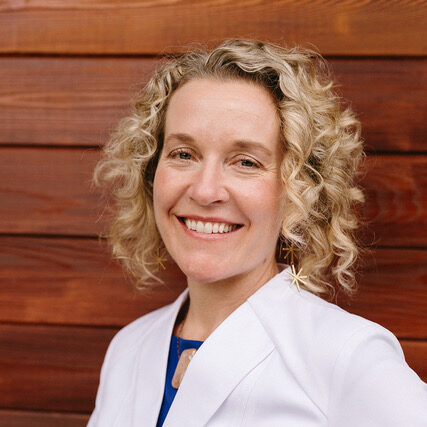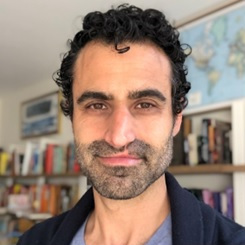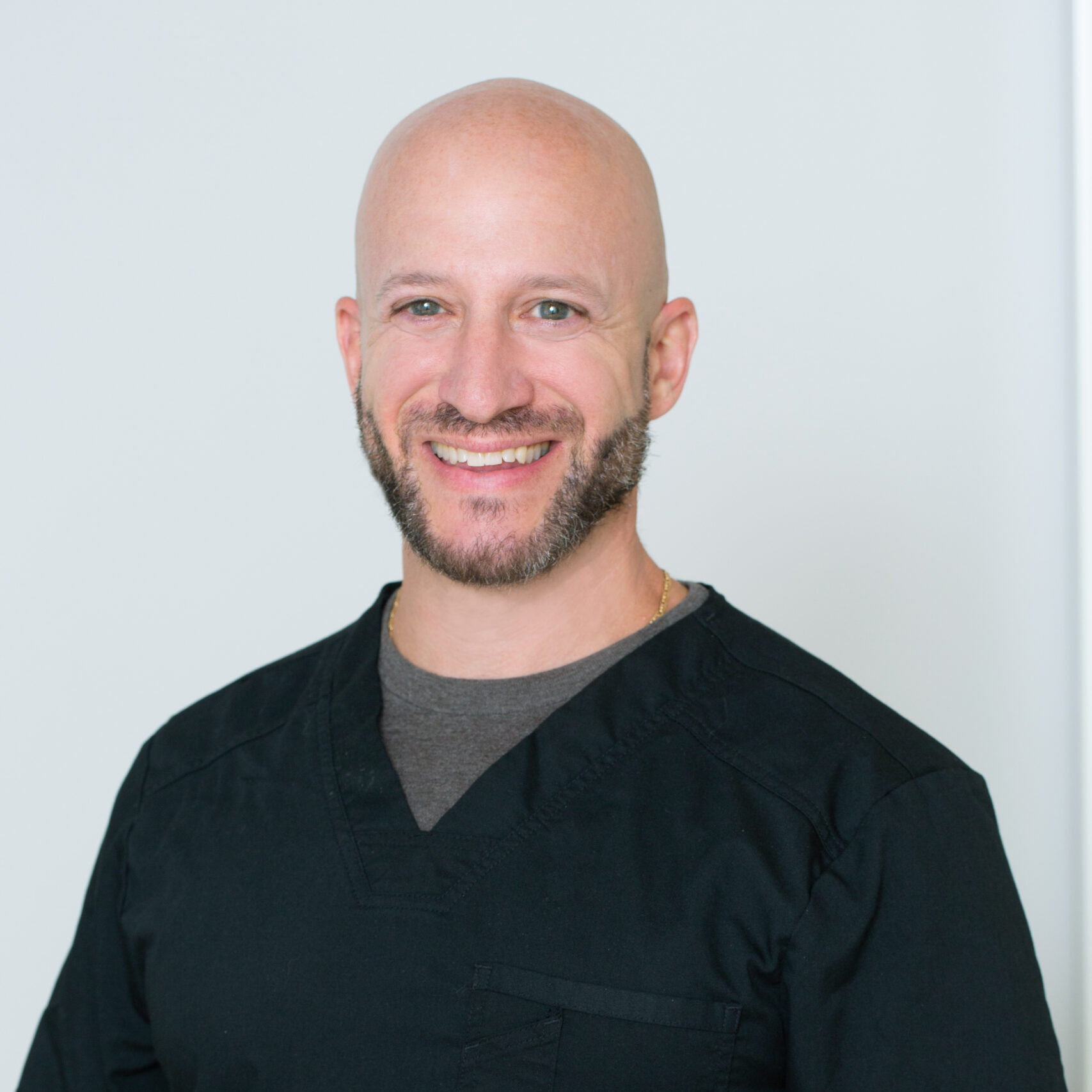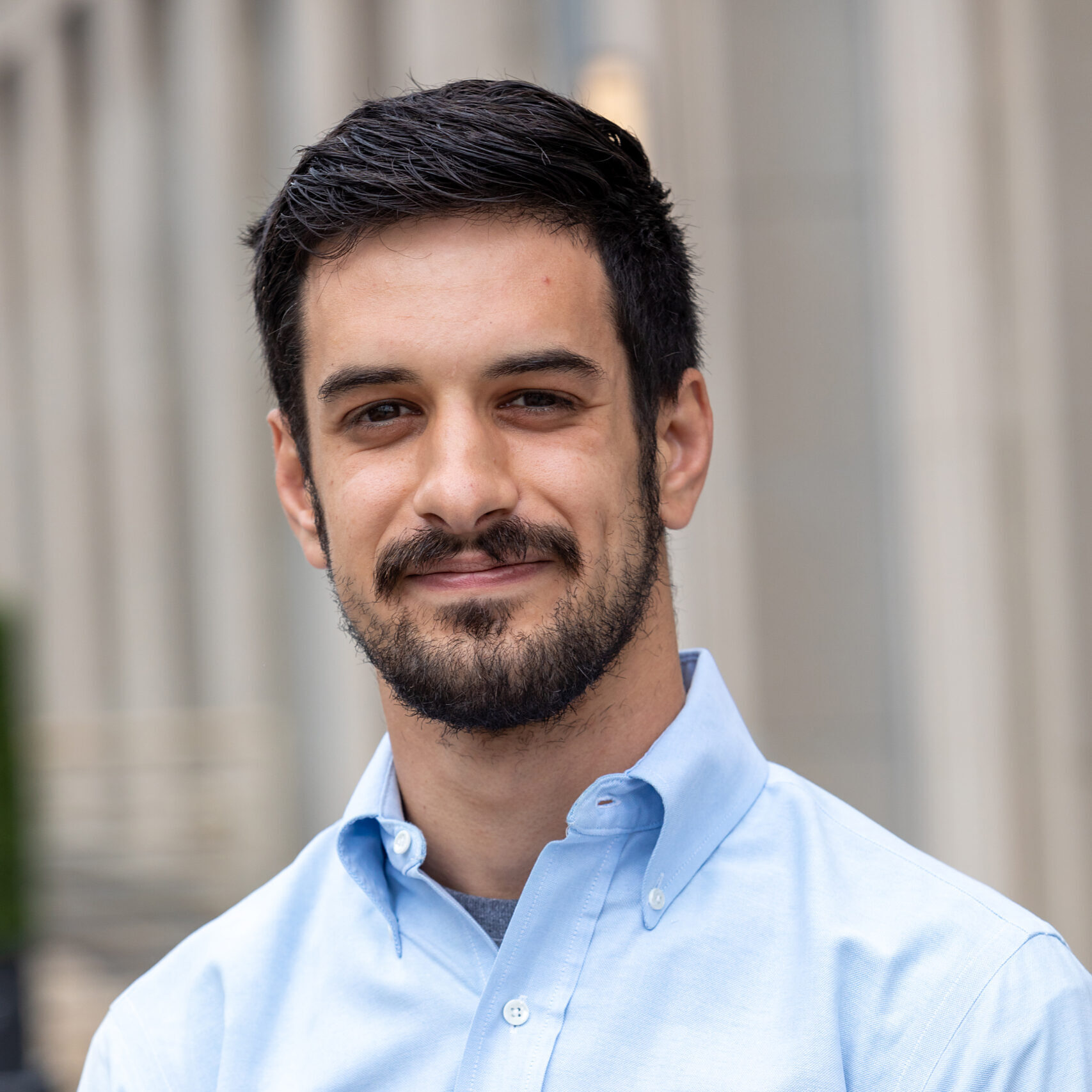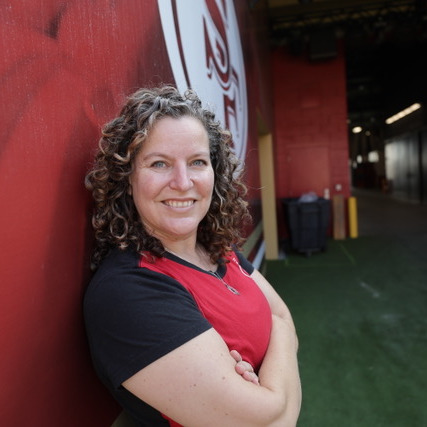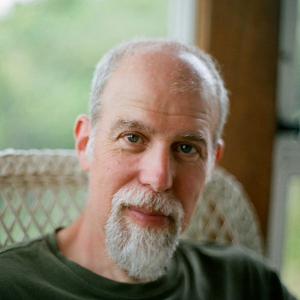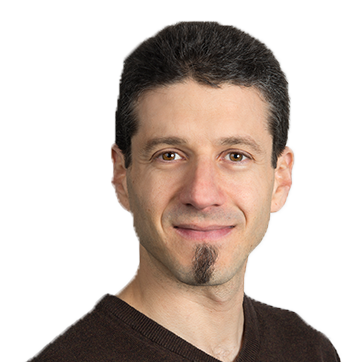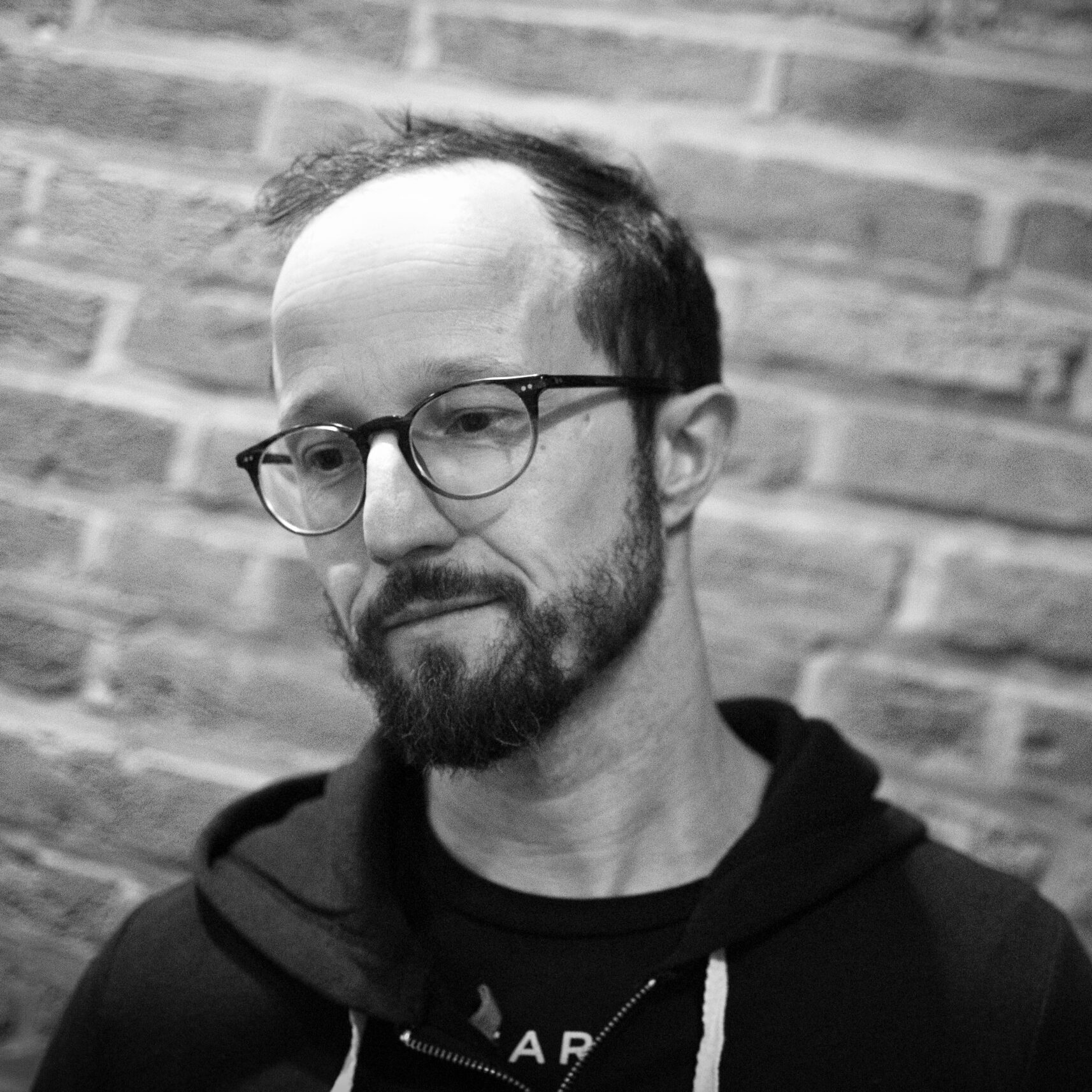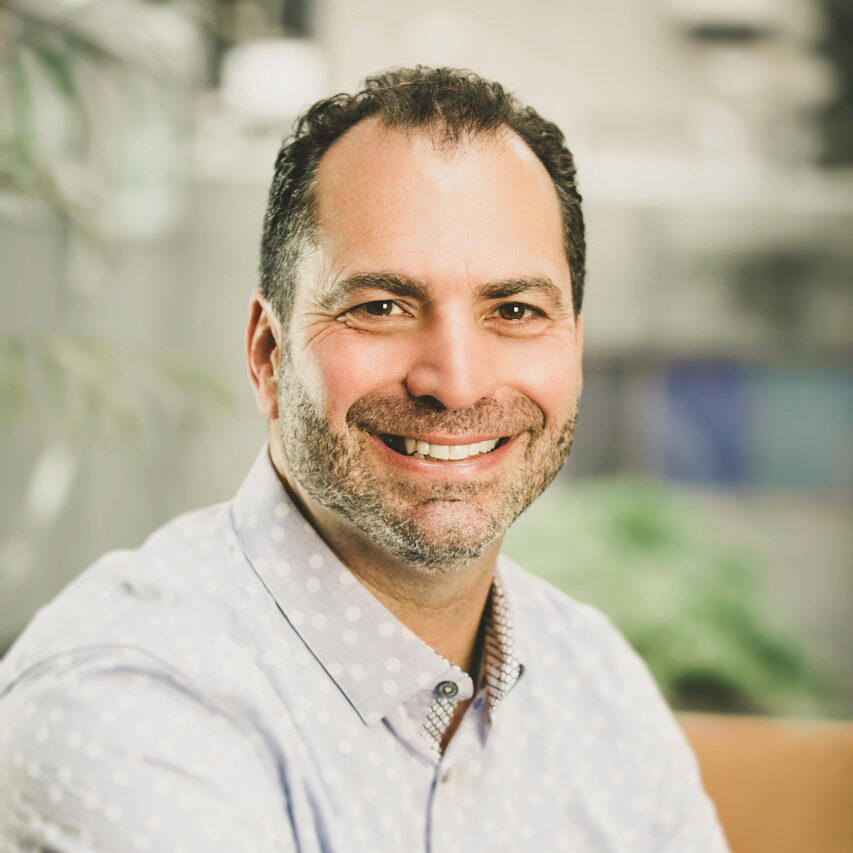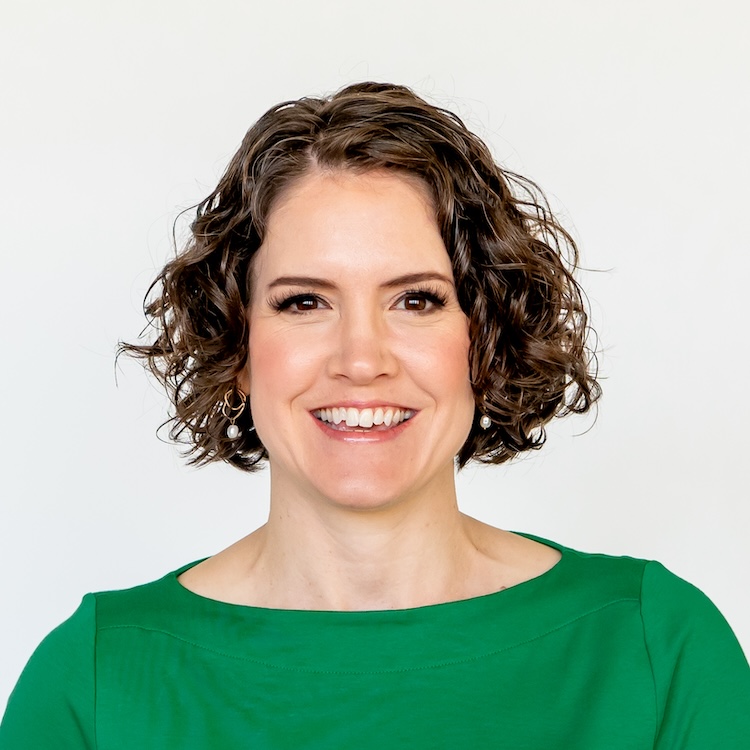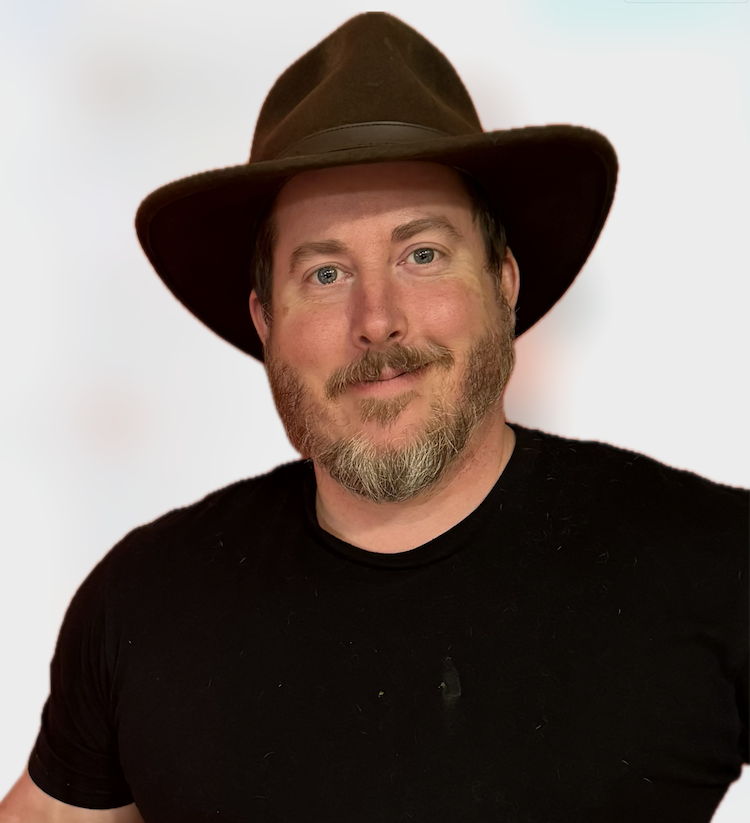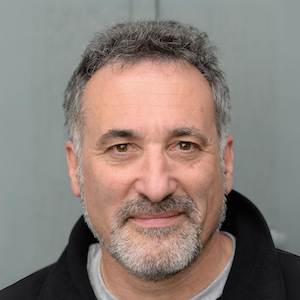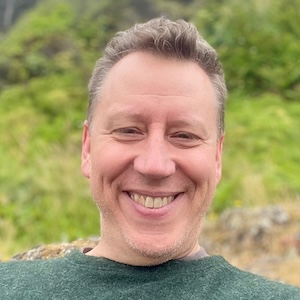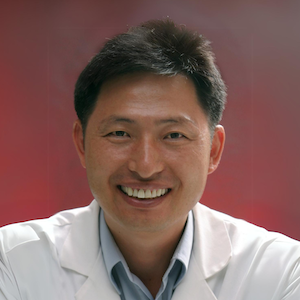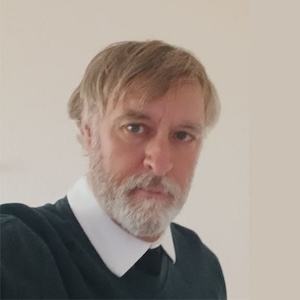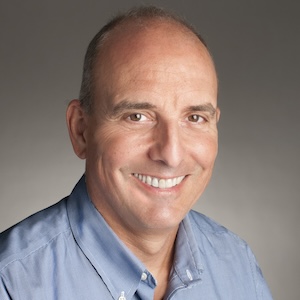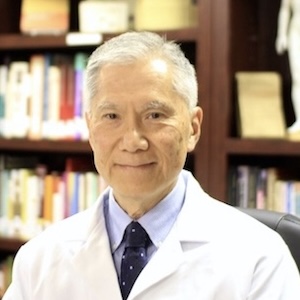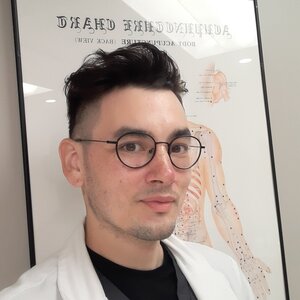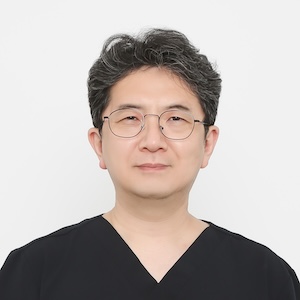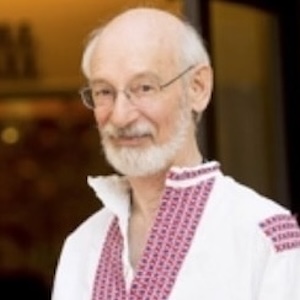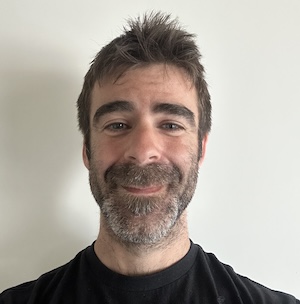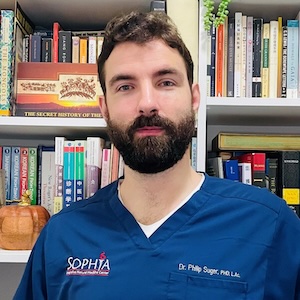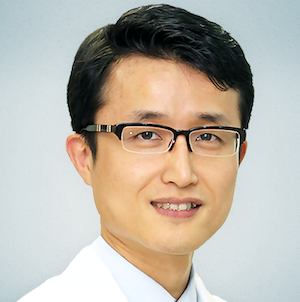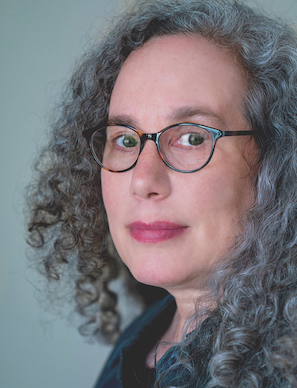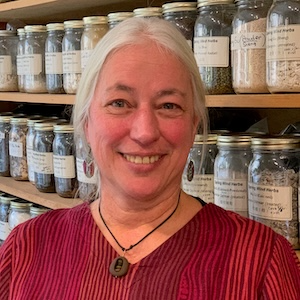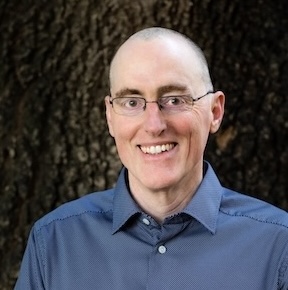The principles behind our medicine are relatively simple. The idea is to restore balance to a body that is in disharmony. To detect the patterns and ripples in the system. To facilitate the unimpeded flow of qi as a river does.
Yet applying these theories in the practice of actual patient care is more complex. Learning in school or from mentors is one thing; cultivating the wisdom to apply this knowledge in the wild, it’s not always straightforward. Sometimes things don’t go how we expect. And all too often, we find ourselves in unchartered territory feeling our way through the unexpected.
The knotty question then becomes: How do you navigate an unfamiliar terrain? How do you deal with the uncertainties that accompany the practice of medicine?
In this conversation with Karina Smith, we discuss the difficulties of attending to complicated cases in our practice based on one of her student clinic experiences. We dig into the issues of competence, the role of intention, the irrationality of Chinese medicine, and concerns around overtreatment. And as both a Yin Yoga teacher and Chinese medicine practitioner, Karina also touches on how these two worlds seep into each other.
Listen into this discussion on the enduring lessons from difficult experiences in the clinic, including navigating adverse reactions and mediating a truce between warring organs.
In This Conversation We Discuss:
- Dedication to patient care and working through adversity.
- The whole-person scope of Chinese medicine.
- Navigating the feeling of competence as practitioners: Patient care is about what we know, who we are, and how we are in the clinic.
- The power of intention: What is intention, and how does it apply in our work?
- Dealing with uncertainty and irrationality in the clinic.
- Mediating a truce between different parts of physiology and psychology that are in conflict.
- Learning our medicine from our patients
- Does acupuncture do anything?
- Overtreatment and the need to ‘cover our bases’
- The intersection of Yin yoga and Chinese medicine
I find that using the bladder points of the outer blades of the feet instantly release a tight jaw. (Use the opposite side of the body's foot to release the right or left sides of the jaw).
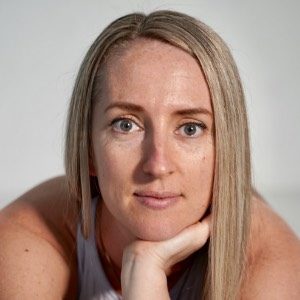 I am a Melbourne based Doctor of Chinese Medicine and Yin Yoga Teacher, Teacher Trainer & Educator.
I am a Melbourne based Doctor of Chinese Medicine and Yin Yoga Teacher, Teacher Trainer & Educator.
In 2018, I launched her own 50 Hour Yin & Functional Anatomy Teacher Training. This new offering was the chance to combine all of my collective learnings as both a student and teacher of yoga, and also as an emerging Doctor of Chinese Medicine.
With a particular passion for women’s health, through Chinese Medicine I aim to support women to cultivate a better relationship with their menstrual cycle.
My long relationship with learning anatomy also excites my joy of treating musculoskeletal conditions; seeking out the mirrors and images in the body that help to alleviate pain and discomfort.
My combined loves of Yoga and Chinese Medicine make up the Yin & Yang of my work, a desire to improve the health and lifestyles of her students, patients and clients alike.

